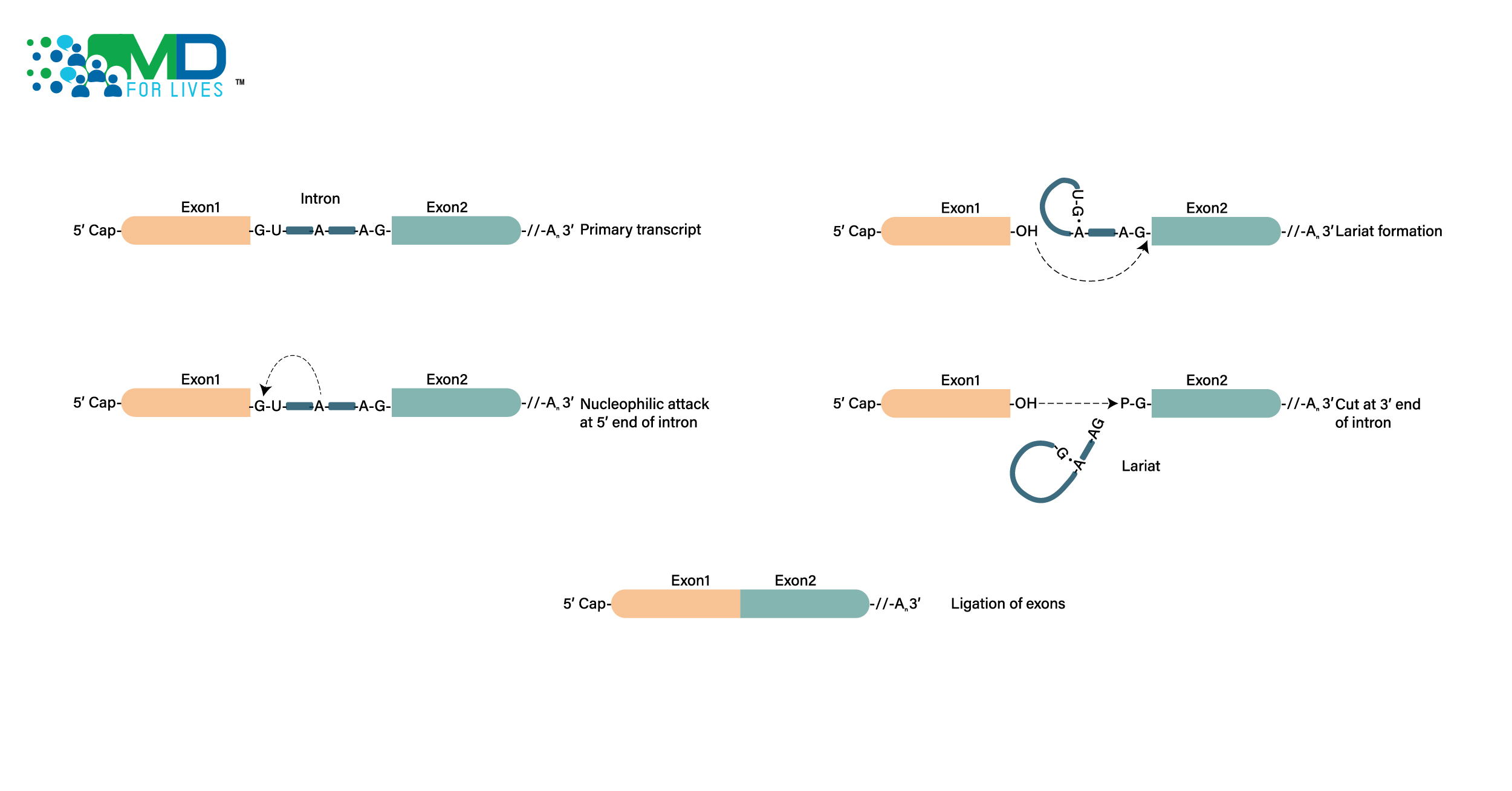Allied healthcare professional are an essential part of the healthcare industry, providing critical support and care to patients across a wide range of settings.
Without the contributions of occupational therapists, radiologists, dietitians, cytotechnologists, physiotherapists and others, the healthcare industry would not be able to function effectively or provide the level of care that patients need and deserve. Their dedication, expertise and commitment to patient care make them an integral part of the healthcare team and an essential component of the healthcare system as a whole.
Allied healthcare professionals are working tirelessly to provide quality care and support to patients. However, their demanding schedules often leave them with little time to pursue additional income sources. Despite having well-paying jobs, the inability to earn extra income can restrict their ability to enjoy life’s pleasures and meet financial obligations.
Challenges faced by the dedicated professionals
- Time Constraints:
Allied healthcare professionals are renowned for their round-the-clock dedication to patient care. Their demanding schedules often involve long shifts, irregular hours and on-call responsibilities. As a result, finding time for additional income-generating activities becomes a significant challenge.
- Financial Pressures:
Despite having high-paying jobs, the professionals may still face financial pressures due to various reasons. These may include mounting student loan debts, rising living expenses, unexpected medical bills or the desire to provide their loved ones with a comfortable lifestyle.
- Skill Utilization:
They possess a wealth of knowledge and expertise gained through their education and clinical experience. However, their busy schedules may limit opportunities to utilize their skills beyond their primary roles.
- Professional Development:
Continual learning and professional growth are crucial for them to stay up-to-date with advancements in their field. However, attending conferences, workshops or pursuing further education can be time-consuming and costly.
Recognizing the challenges faced by these dedicated professionals, genuine medical survey platforms offer a unique solution – taking paid surveys in their busy schedule.
How do paid medical surveys help allied health professionals?
Participating in paid medical surveys offers allied healthcare professional a valuable opportunity to exchange knowledge and stay informed about the latest developments in their industry. By actively engaging in these surveys, professionals can gain insights from fellow participants, researchers and organizations, enabling them to stay on top of emerging trends and advancements in their field. This exchange of knowledge helps allied healthcare professionals enhance their expertise, broaden their perspectives and ensure they remain up-to-date with the ever-evolving healthcare landscape.
For example, a survey about medication adherence can provide valuable insights into the challenges patients face in taking their medications as prescribed. Allied healthcare professionals can share their experiences with patients who struggle with medication adherence, including the barriers to adherence and strategies that have been effective in improving adherence. This information can inform the development of interventions and programs to support patients in adhering to their medications, ultimately improving their health outcomes.
Participating in paid medical surveys can also provide opportunities for professional development and networking. Surveys often cover topics that are relevant to allied healthcare professionals’ areas of expertise, providing an opportunity to stay informed about the latest developments in their field. Additionally, surveys may be conducted by industry associations or healthcare organizations, providing an opportunity to connect with other professionals in the industry.
Another benefit of participating in paid medical surveys is the potential to earn extra income. Survey companies often offer bonuses or other rewards for completing surveys, providing a flexible way to earn extra income. This can be particularly beneficial for professionals who may have unpredictable schedules or work part-time. The ability to earn extra income through completing surveys can provide financial stability and help supplement their income. The compensation can range from a few dollars to hundreds of dollars, depending on the length, complexity and urgency of the survey. The amount of compensation can also depend on the level of expertise and experience of the allied healthcare professional.
Finally, participating in paid medical surveys can be a meaningful way for allied healthcare professionals to contribute to the healthcare industry and make a positive impact on patient care. By providing valuable insights and information, they can help to inform policy decisions and improve patient outcomes.
There is a global medical survey platform, known as MDforLives, that is genuine and pays attractive honorarium. MDforLives offers a convenient solution by providing flexible paid survey opportunities that can be completed during breaks or downtime, enabling professionals to earn income at their convenience. It offers a platform where professionals can take paid surveys and earn extra income, providing them with the financial freedom to meet their obligations and enjoy life’s little luxuries. In the platform, professionals can share their insights, expertise and opinions. This allows them to contribute to healthcare research, shaping the industry while also earning income for their valuable input. By joining the platform, professionals can engage in online surveys related to their expertise, get free access to blogs, case studies, monthly webinars and much more.
Key points:
Allied healthcare professionals deserve recognition for their dedication and hard work. Paid medical surveys offer a valuable opportunity for these professionals to earn extra income while overcoming the challenges of their demanding schedules. By taking paid surveys, they can regain control of their time and alleviate financial pressures. Furthermore, participating in surveys allows them to contribute to healthcare research, utilize their skills and continue their professional development

MDForLives is a global healthcare intelligence platform where real-world perspectives are transformed into validated insights. We bring together diverse healthcare experiences to discover, share, and shape the future of healthcare through data-backed understanding.






